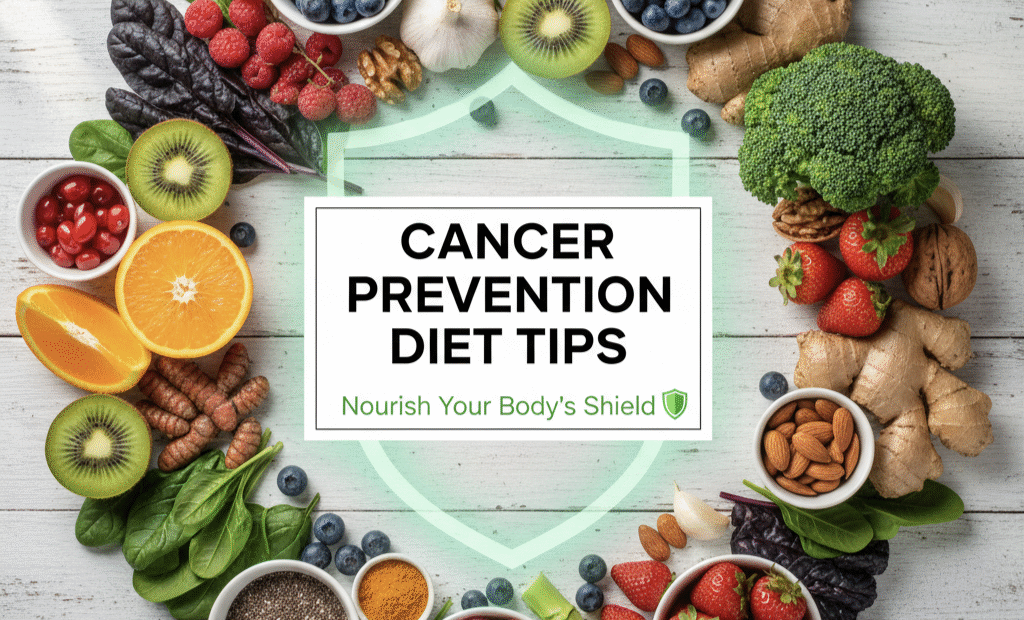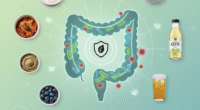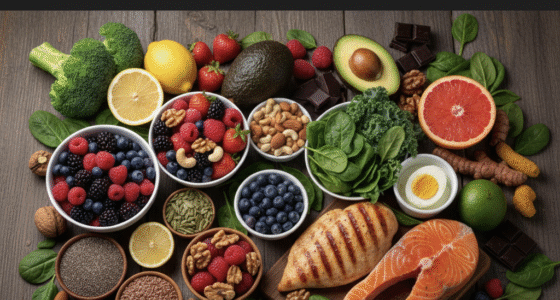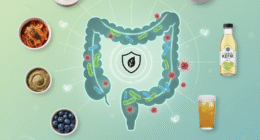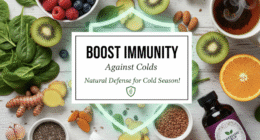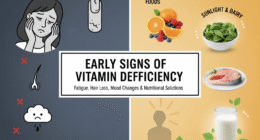Cancer Prevention Diet Tips
While genetics and environment play important roles in cancer risk, research shows that diet and lifestyle choices can make a big difference in prevention. What you eat can either strengthen your body’s defense system or increase inflammation and oxidative stress that may lead to disease. In this guide, we’ll explore practical cancer prevention diet tips to help you make smarter food choices for long-term health.
Understanding the Role of Diet in Cancer Prevention
Your diet provides essential nutrients that support cell repair, immune function, and overall wellness. However, consuming too much processed food, sugar, and unhealthy fats can contribute to chronic inflammation and free radical damage—two factors linked to cancer development. The good news is that adopting a nutrient-rich, whole-food diet can reduce these risks significantly.
Top Foods That Help Prevent Cancer
1. Cruciferous Vegetables
Broccoli, cauliflower, cabbage, kale, and Brussels sprouts contain compounds like sulforaphane and indoles, which help the body detoxify harmful substances and prevent abnormal cell growth. Include these vegetables in your diet several times a week.
2. Berries
Blueberries, strawberries, and raspberries are rich in antioxidants, particularly anthocyanins and vitamin C. These compounds protect cells from oxidative stress and may help slow the growth of certain cancer cells.
3. Leafy Greens
Spinach, kale, and Swiss chard provide folate, fiber, and chlorophyll—all known for supporting healthy DNA repair and reducing the risk of colon and breast cancer.
4. Garlic and Onions
These pungent vegetables contain sulfur compounds that enhance immune response and have been shown to inhibit the formation of cancer-causing substances in the body.
5. Tomatoes
Tomatoes are a great source of lycopene, a powerful antioxidant linked to reduced risk of prostate and stomach cancers. Cooking tomatoes in olive oil boosts lycopene absorption.
6. Green Tea
Green tea is packed with polyphenols, especially EGCG (epigallocatechin gallate), which helps fight inflammation and slow the growth of cancer cells. Drinking one to two cups daily can provide protective benefits.
7. Turmeric
Curcumin, the active compound in turmeric, has strong anti-inflammatory and antioxidant properties. Adding turmeric to soups, curries, or smoothies may help lower cancer risk.
Foods to Limit or Avoid
- Processed meats: Bacon, sausages, and deli meats are linked to higher risks of colorectal cancer due to preservatives and nitrates.
- Sugary foods: Excess sugar promotes obesity and inflammation, both of which are risk factors for cancer.
- Fried foods: Deep-fried and charred foods contain acrylamides and other compounds that may damage DNA.
- Alcohol: High alcohol intake increases the risk of cancers in the mouth, throat, and liver. Limit to moderate consumption.
Healthy Eating Habits for Prevention
- Eat more fiber: Whole grains, beans, and vegetables support digestion and reduce toxin buildup in the body.
- Maintain a healthy weight: Obesity is linked to several types of cancer, so regular physical activity and portion control are key.
- Stay hydrated: Drinking enough water helps flush toxins and supports overall metabolic health.
- Include healthy fats: Avocados, nuts, and olive oil provide omega-3 fatty acids that fight inflammation and support cell health.
Lifestyle Factors That Support Cancer Prevention
Beyond diet, lifestyle plays an essential role in prevention. Avoid smoking, manage stress, exercise regularly, and get enough sleep. Chronic stress can weaken the immune system, while regular physical activity enhances detoxification and hormonal balance.
Conclusion
Eating for cancer prevention is not about strict rules—it’s about consistency and balance. Focus on whole, colorful, nutrient-dense foods that support your body’s natural defenses. By making these dietary changes part of your daily life, you can lower your cancer risk, boost your immunity, and improve your long-term health and vitality.
